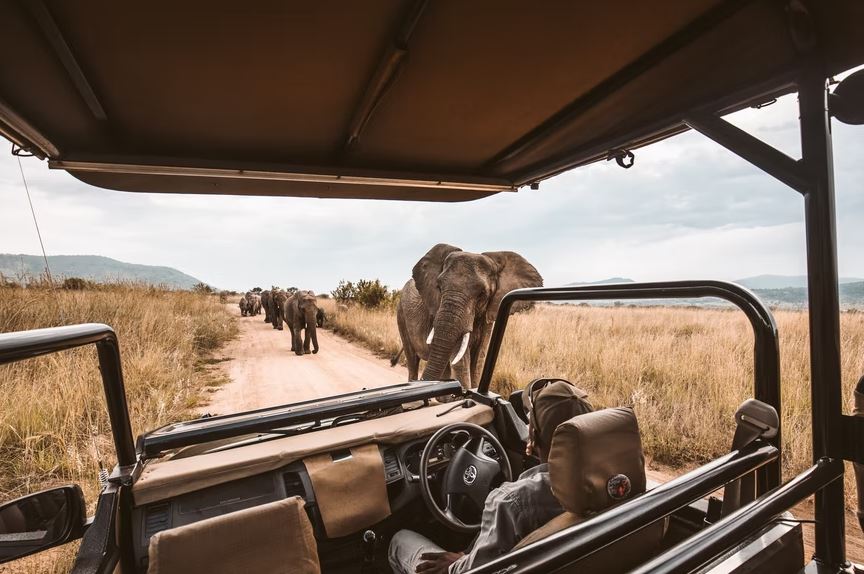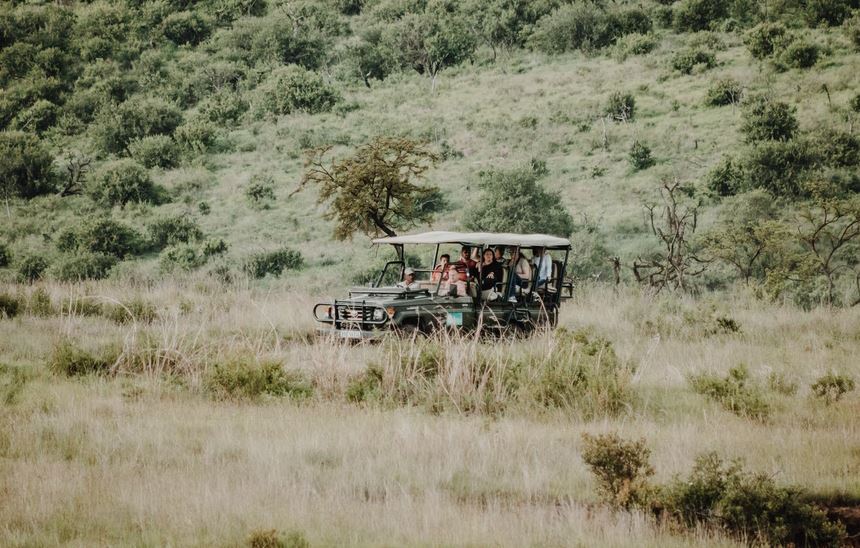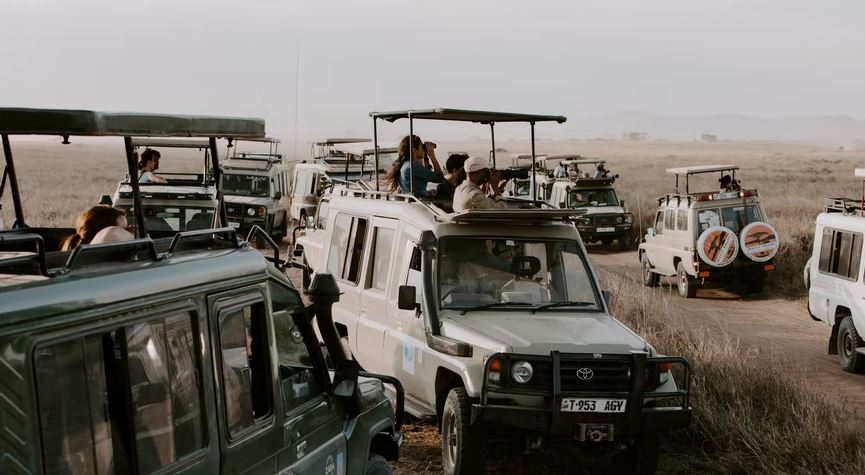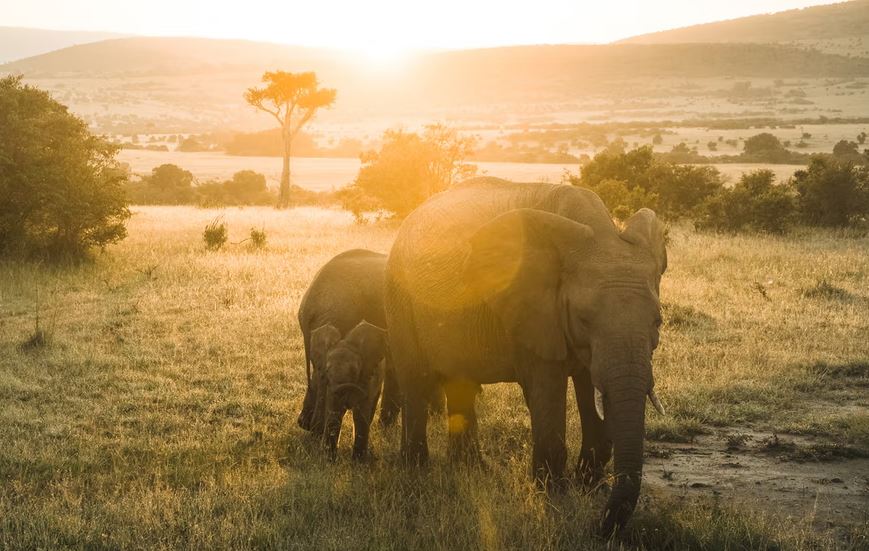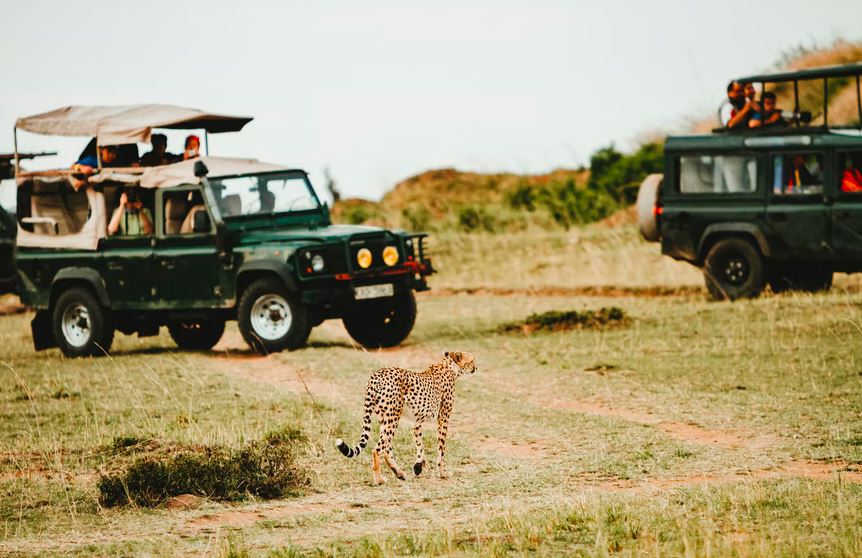If you want to awaken your senses, get up and close and personal to the massive diversity of life, and see animals in their natural habit and their game of survival, going on a safari in Africa should be the next item on your travel bucket list. Just be mindful that doing so will seemingly bring you into a new world, which is why ample preparation before you head straight to a safari adventure. With that, here are our valuable tips for preparing to go on safari and have a safe, stress-free, and memorable encounter with nature and wildlife.
1. Decide where to go.
Perhaps, the first and one of the most important decisions you need to make is choosing where to book a safari. Many countries to choose from, but Kenya, Tanzania, and South Africa are the most popular locations for tourists. These countries are home to some of Africa’s best national parks and wildlife reserves like Kenya’s Maasai Mara and Amboseli National Park, Tanzania’s Serengeti National Park, and South Africa’s Kruger National Park.
If you want less touristy destinations, you can opt for Zambia, Namibia, and Zimbabwe instead. There’s also Uganda and Rwanda for a jungle safari should you wish to see mountain gorillas. While less known, Malawi and Mozambique also have their unique offerings.
2. Know when to go.
Apart from the location, you need to consider the time when to do your African safari adventure. While wildlife in Africa stays all year round, not each period is ideal for viewing wildlife. Having a safari trip in the rainy season can break the experience as the heavy rains cause animals to spread out and hide. Dusty roads also get washed out, making it harder to move around. As such, visiting in the summer months or dry season is your best option. Most animals go out to drink in the water holes. Thus, making it easier to spot these magnificent animals. Just be mindful that temperatures can get too high, making it uncomfortable to go outside even for just an hour. Do some extra research, depending on your chosen location.
3. Bring a good camera and decent lens.
Whether you’re into wildlife photography or a casual traveler, never ever forget to bring a good DSLR camera. While smartphone cameras are becoming more advanced, they still can’t match the quality and zooming capabilities of a DSLR camera and its variety of lenses.
Plus, there’s no need to pay for the hefty price tags if you don’t have one yet. You can borrow one from your colleagues or rent one online for your safari trip. Through that, you can get close-up images of all the wildlife and document the once-in-a-lifetime experience better.
4. Wear appropriate clothing.
Reserve your OOTDs for other occasions and activities. For your safari trip, prioritize wearing lightweight and comfortable clothes. Airy, long-sleeved shirts are ideal for protecting yourself from the harsh sun. Partner it with lightweight pants to minimize your exposure to mosquitoes.
In terms of color, be wary that shades of khaki, beige, tan, brown, and green aren’t randomly chosen for safari get up. These neutral colors serve a practical purpose, allowing you to blend with the surroundings as much as possible. Don’t forget black or dark blue clothes as they attract mosquitoes and tsetse flies. Skip wearing bright-colored, especially if you’re doing bush walks when you don’t want animals’ attention-getting caught by odd colors. Lastly, forget about leopard or zebra prints. You want to best experience the safari, never to look like it.
5. Pack essential items.
Going on safari can take days or weeks. That’s why it’s important to pack items you’ll need for the entire stay. First, get a light day backpack to store valuables and important documents like your passport, visas, and cards. For sun protection, bring sunscreen with at least 30 SPF, a sun hat, and your sunglasses. Insect repellent is also another serious must-have as mosquitoes in Africa carry malaria. Pack a lot of water and some light snacks, especially if you’re traveling with kids. Lastly, have your own first aid kit with the medications for headache, car sickness, and diarrhea just in case anything happens, or you feel bad in the middle of the trip.
6. Learn about the medical requirements.
Prior to your trip, visit your local GP clinic to ensure you have the required shots needed in the country you’re seeing. Some of the vaccinations required by the CDC and WHO for people going to Africa include yellow fever, typhoid, cholera, rabies, hepatitis A, hepatitis B, meningitis, and anthrax. Your doctor will also most likely suggest taking malaria pills. Make sure to show your itinerary as different areas require a different drug.
7. Prepare yourself for early starts.
If you’re a night person, you might as well start changing your habits before going on safari. Game drives and wildlife viewing usually begin from 5:00 AM to 6:00 AM. Animals are most active in the morning, as they usually hide from the scorching sun in midday. Thus, better opportunities to spot them in their natural habitat await at the crack of dawn. Rest assured that waking up early is worth it as you will see how everything unfolds with the beautiful backdrop of the rising sun.
8. Listen and follow the rules.
Though the activity is undoubtedly exciting, be minded that it has an element of danger. Your guide will orient about the dos and don’ts. Pay attention and follow all these rules. They may be basic, but they’ve been put up to ensure your utmost safety and for the protection of the animals as well. Some of the safari rules you need to follow include not getting out of the vehicle, not feeding the animals, and not yelling or taunting them. Strive to be a responsible tourist at all times.
9. Ask questions.
Don’t hesitate to ask questions, no matter how simple or complex they may be. Your guides were trained and are knowledgeable to answer your queries. In fact, they’ll appreciate inquisitive tourists more as they get the chance to share information and help others develop a deeper understanding of African wildlife. Ask them anything from the behavior of animals, feeding habits, or anything you might think of. You will be surprised how passionate they can be, elevating the whole experience.
10. Enjoy the moment.
Once you’re there, ease all your worries, relax, and just prepare yourself for the unforgettable experience. Admire all the animals and the spectacular sceneries, learn something new, and take a lot of pictures. Who knows? You might be fortunate enough to the lions chasing prey, animals mating, or the majestic elephants and their herd. Just relish every moment and take all the fantastic sights Africa has in store for you.

